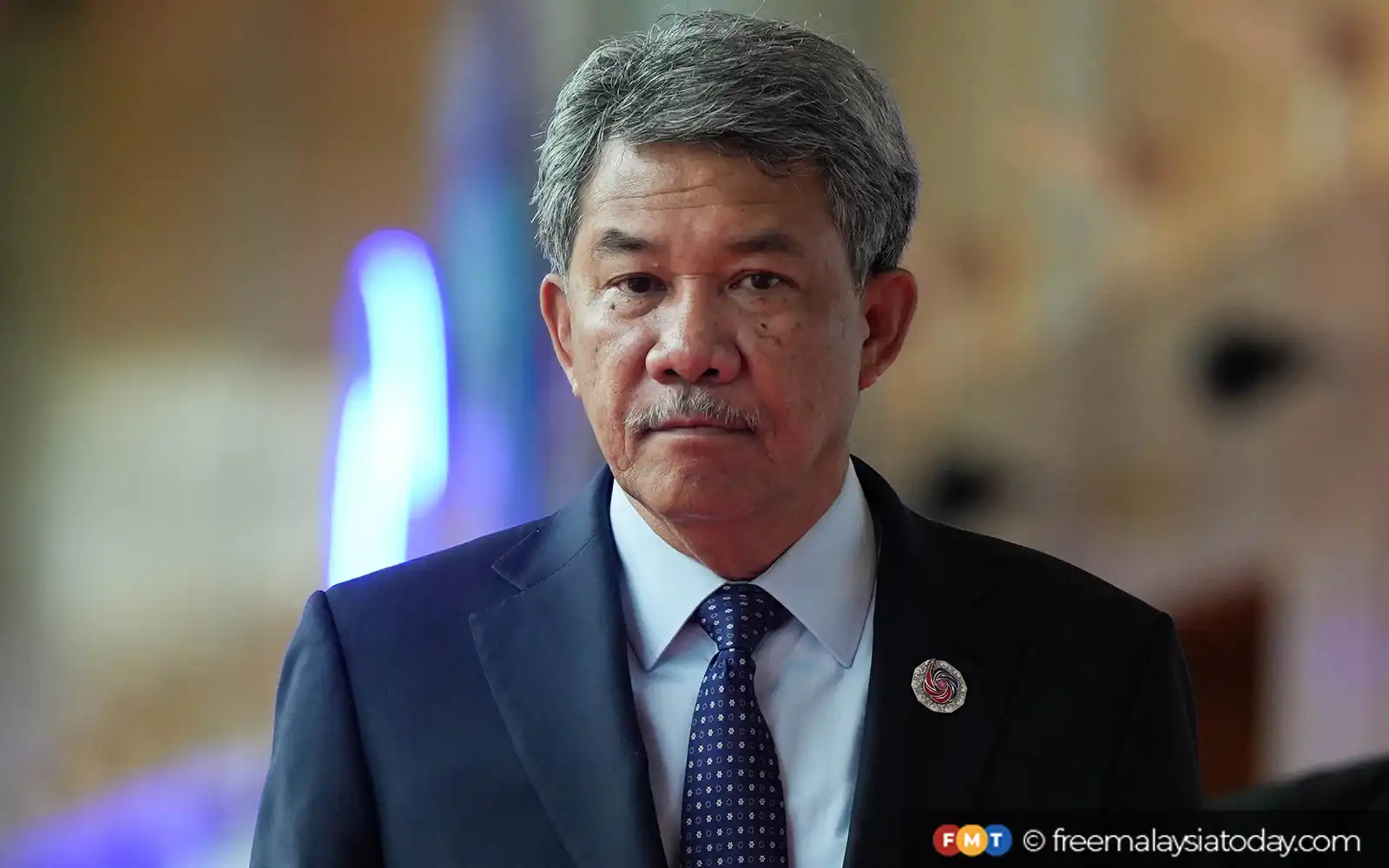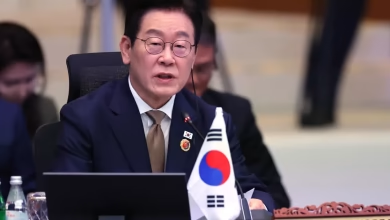
Malaysia calls on Apec to turn Putrajaya Vision into practical digital cooperation

Foreign minister Mohamad Hasan said Malaysia is offering its Malaysian Technical Cooperation Programme, which has trained over 38,000 participants from 144 countries, to host workshops on privacy, data protection, and responsible AI ethics.
GYEONGJU: Malaysia has called on Asia-Pacific economies to turn the Putrajaya Vision 2040 into practical initiatives that balance shared regional goals with differing levels of readiness.
Foreign minister Mohamad Hasan said the region is undergoing rapid change driven by disruptive technologies, demographic shifts, and the growth of creative and cultural industries.
“Digital cooperation is our bridge, connecting innovation to inclusion, and growth to sustainability,” he said in his intervention speech at the Apec Ministerial Meeting, here, today.
The Putrajaya Vision 2040, adopted at the 27th Apec Economic Leaders’ Meeting hosted by Malaysia, commits member economies to inclusive, sustainable, and innovation-driven growth while deepening regional cooperation over the next two decades.
Mohamad highlighted three priorities for regional cooperation – green digitalisation with energy-efficient, climate-friendly infrastructure; clear and ethical AI rules; and trusted cross-border data governance through better regulations and capacity-building.
He said Malaysia is offering its Malaysian Technical Cooperation Programme, which has trained over 38,000 participants from 144 countries, to host workshops on privacy, data protection, and responsible AI ethics.
“This would strengthen the Asia-Pacific’s ability to build a trusted and effective digital ecosystem,” he added.
At a separate session, investment, trade and industry minister Tengku Zafrul Aziz urged Apec economies to use digital transformation and AI to modernise global trade rules and ensure inclusive growth.
“Digitalisation must not only make trade faster and smarter, it must make it fairer and more inclusive,” he said.
He also called for a modernised World Trade Organization (WTO) Trade Facilitation Agreement (TFA) to reflect today’s digital realities.
“Global trade today relies on systems and data that didn’t exist when the TFA was written,” he noted.
“Modernising trade facilitation is not about rewriting rules – it’s about rewiring efficiency. If we fail to adapt, our frameworks risk becoming relics.”
